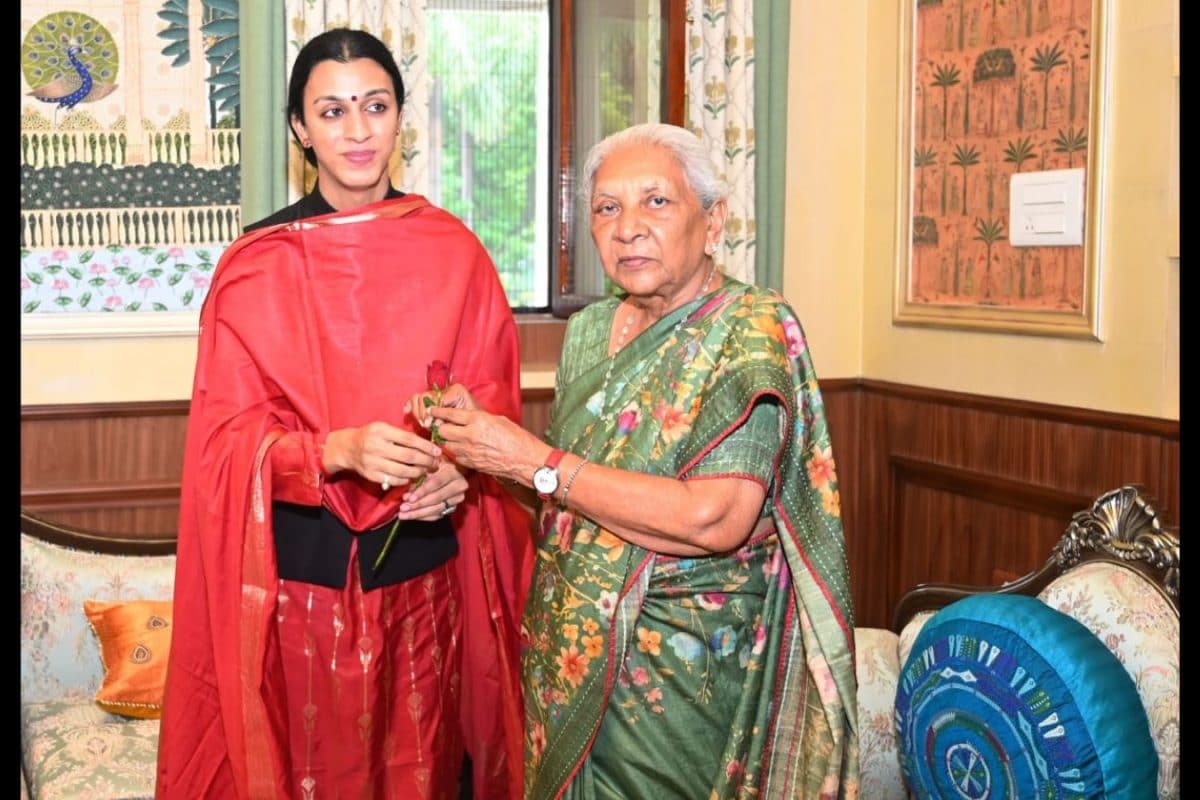

Salma's 'Garima Greh' represents a significant stride towards providing a haven of dignity and support for India's marginalized transgender community. These "Garima Grehs," or "Homes of Dignity," are shelter homes dedicated to providing a safe and supportive environment for transgender individuals in need.
The primary aim of a Garima Greh is to offer a secure shelter for destitute and abandoned transgender people, providing them with basic necessities such as food, medical care, and recreational facilities. Beyond addressing immediate needs, these homes also focus on the capacity-building and skill development of transgender individuals, empowering them to lead independent and productive lives. The Garima Grehs provide lodging, boarding, clothing, recreation, medical attention, and counseling. They strive to create a welcoming environment by implementing consistent rules and regulations that are suitable for all transgender residents.
The establishment of Garima Grehs aligns with the Transgender Persons (Protection of Rights) Act of 2019, which mandates the government to provide rescue, protection, and rehabilitation for transgender individuals. Section 12(3) of the Act states that if a parent or immediate family member cannot care for a transgender person, a competent court can order that individual to be placed in a rehabilitation center.
The Ministry of Social Justice and Empowerment launched the "SMILE - Support for Marginalized Individuals for Livelihood and Enterprise" scheme, which includes a sub-scheme specifically for the comprehensive rehabilitation and welfare of transgender individuals. Setting up Garima Grehs is a key component of this sub-scheme. The goal is to establish at least one Garima Greh in each state throughout India.
Currently, there are 12 Garima Grehs located in various states, including Maharashtra, Gujarat, Delhi, West Bengal, Rajasthan, Bihar, Chhattisgarh, Tamil Nadu, and Odisha. These homes are typically run with the help of community-based organizations (CBOs). Each Garima Greh is designed to house 25 transgender individuals and have 12 staff members, including a counselor, cook, manager, and director, according to SMILE guidelines.
To ensure transparency and effective monitoring, an online system has been created on the National Portal for Transgender Persons. This system allows Garima Grehs to log in and track their activities, beneficiary information, staff details, and other programs.
Despite the positive impact of Garima Grehs, some face challenges such as inconsistent funding. Some homes have reported difficulties in receiving timely payments, leading to staff shortages and concerns about maintaining essential services.
Several organizations are actively involved in supporting transgender rights and providing gender-affirming care in India. Some of these include: Transgender Welfare Equity and Empowerment Trust (TWEET), Sahodari Foundation, Transgender India, and The Humsafar Trust. These organizations offer a range of services, including support groups, helplines, healthcare access, legal aid, and skill development programs.
Garima Grehs are playing a crucial role in safeguarding the rights of transgender individuals, protecting them from atrocities, and empowering them through skill development and employment opportunities. These homes not only provide a safe and secure environment but also contribute to the overall empowerment of the transgender community.